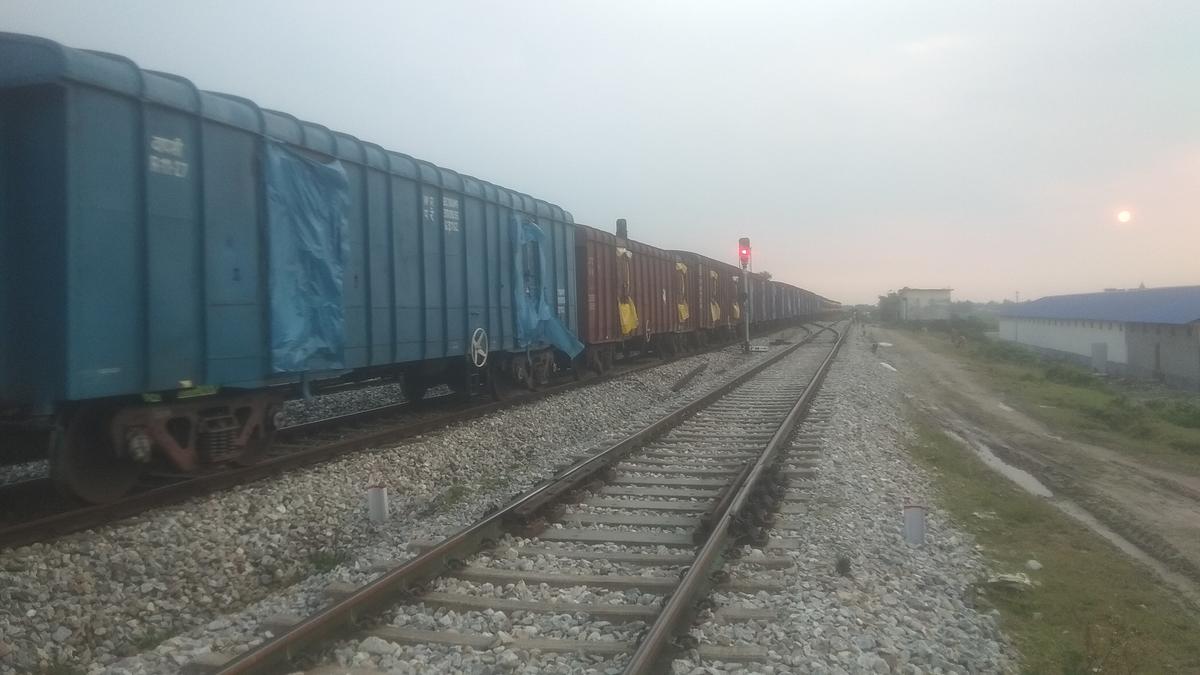Jammu: In a major milestone for logistics and transportation in Jammu and Kashmir, the Northern Railways has, for the first time, successfully carried out the simultaneous unloading of two goods rakes in the Union Territory, a senior official said on Thursday.
Senior Divisional Commercial Manager of Jammu Division, Uchit Singhal, said the first-ever dual unloading of New Modified Goods (NMG) rakes carrying Maruti Suzuki vehicles took place at the goods shed terminals in Bari Brahmana (Jammu) and Anantnag (Kashmir Valley).
The two automobile rakes were transported from Gurugram in the Delhi Division to the Jammu Division’s goods terminals. A total of 113 vehicles of various models were unloaded at Bari Brahmana, while 118 vehicles were unloaded at Anantnag.
“This is the first instance where such a large number of vehicles have been unloaded at both terminals of the Jammu Division on the same day, marking a significant historic achievement,” Singhal said.
He added that the vehicles included popular Maruti Suzuki models such as Alto, Brezza, Eeco, Dzire, Wagon R, S-Presso, Ignis, Super Carry, and Ertiga, highlighting the growing demand and efficiency of rail-based supply chains.
Calling it a “historic day” for logistics in the region, Singhal said the increasing preference of trade and industry for Indian Railways over road transport demonstrates the cost and time efficiencies offered by the rail network.
“With a strong freight portfolio, Northern Railways has become a preferred choice not only for perishable goods, courier consignments, and cement, but also for large-scale automobile transportation,” he said.
He noted that the development signifies the rapid transformation of Jammu and Kashmir’s logistics landscape, where advanced infrastructure and economic advantages of railway transport are steadily shifting the long-standing preference for road transport.
Singhal emphasized that Indian Railways’ continued focus on strengthening multimodal logistics in the Union Territory is creating new opportunities for businesses, reducing carbon emissions, improving delivery timelines, and ensuring safe and efficient bulk movement of goods.













